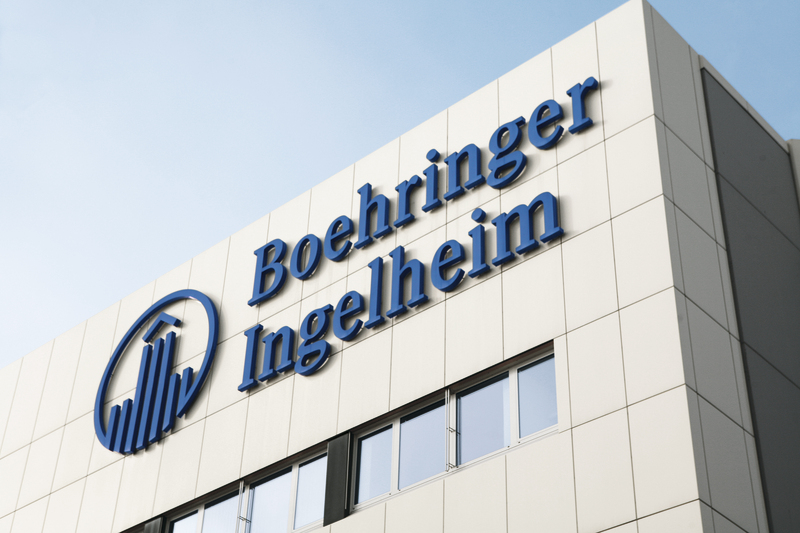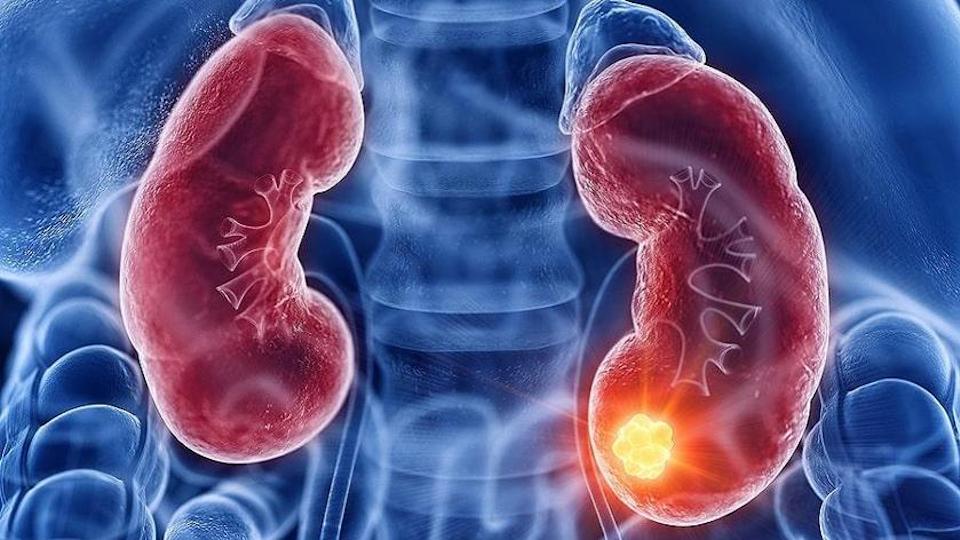Boehringer's spesolimab data raises hope for serious skin disease

Fresh from being awarded a fast-track review from the FDA, Boehringer Ingelheim's spesolimab has shown encouraging efficacy in a phase 2 trial in generalised pustular psoriasis (GPP), a rare and life-threatening skin disorder.
GPP is very different from the more common plaque psoriasis, not least because it causes episodes (flares) of widespread eruptions of painful blisters, which can cause patients to be hospitalised with serious complications, including heart failure, renal failure and sepsis.
In some cases the consequences are fatal, and at the moment there are no approved therapies in the US or Europe for GPP flares. Biologic drugs used to treat plaque psoriasis are used off-label in GPP, but there's little data on their effectiveness.
Spesolimab (formerly BI 655130), which is vying to become the first IL-36 inhibitor to reach the market, has now been shown to stop GPP flares in their tracks in some patients, in a phase 2 trial published in the New England Journal of Medicine.
The antibody given as a single intravenous dose was compared to placebo in the 53-subject Effisayil-1 study, which involved people presenting with a GPP flare including high or very high density of pustules on the skin.
After a week, 54% of patients treated with spesolimab showed no visible pustules compared to 6% of those treated with placebo, with clear or almost clear skin seen in 43% and 11% of patients, respectively.
The protective effect was also sustained for up to 12 week, according to lead investigator Mark Lebwohl of Icahn School of Medicine in the US.
There were some areas of concern in the study, including a higher rate of infections in the spesolimab group as well as an immune reaction to the drug in almost half of patients who received it, which will have to be explored in future trials.
The serious nature of GPP flares means that there is a pressing need to get new treatment options into the hands of clinicians, and the FDA granted a priority review as well as breakthrough status to spesolimab earlier this month, shortening the review time for the drug. It has also been filed with the EMA.
Boehringer is running two other studies of spesolimab in GPP, including the Effisayil-2 trial looking at its potential as a maintenance treatment to prevent the occurrence of GPP flares, and Effisayil-ON, a five-year extension study to investigate longer term efficacy and safety.
Spesolimab is also being tested to potentially treat other skin diseases, such as palmoplantar pustulosis and hidradenitis suppurativa.












